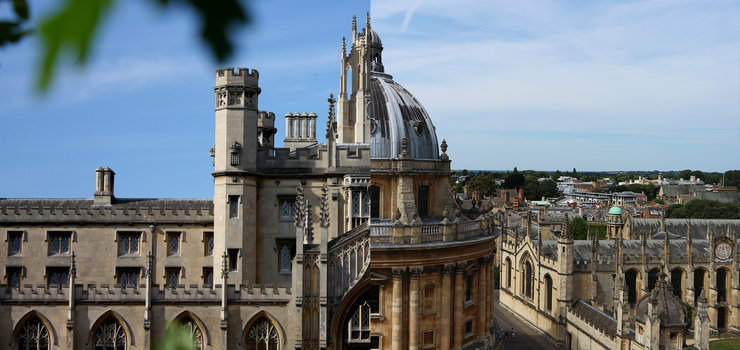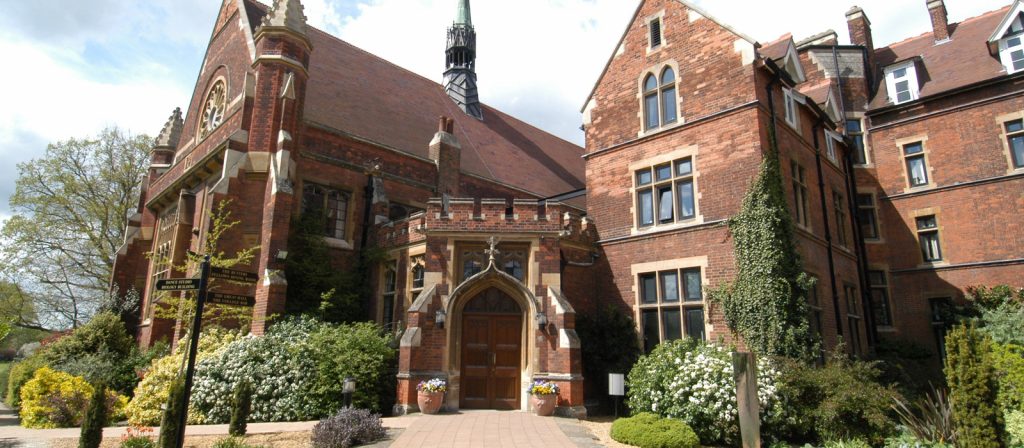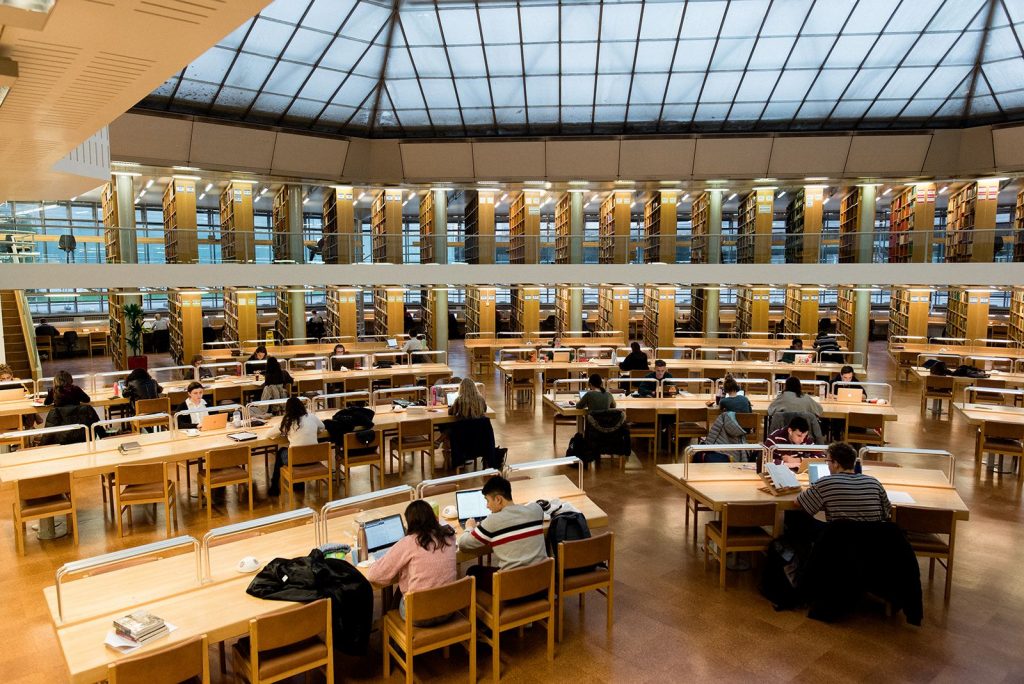
+

The debate on whether the IB Diploma Programme or an A-Levels programme is the best preparation for university has long existed.
While university admissions officers and IB schools have often reported the unique benefits associated with the IBDP, we don’t always hear as much from those who have completed the Diploma themselves. In this blog, we interview two IB Diploma graduates who went on to study at Oxbridge (specifically, the University of Cambridge) to find out how their choice of curriculum prepared them for academia.
Michelle Taute, 24, studied English Literature and is now a Marketing and Communications Manager at Tallarna.
Zachry Sazali, 27, studied Psychological and Behavioural Sciences and is now a Research Associate.
We sat down with the graduates to find out about some surprising ways in which the IB prepared them to excel in their degrees.

The first element of pre-university education that the graduates recalled about their Diploma years were the demanding Internal Assessments: extended pieces of work of an investigative nature that require careful and intensive research and evaluation. While difficult, our interviewees praised the skills that these challenges foster.
Zach is first to answer. “The IAs were definitely one of the most memorable parts of the Diploma Programme for me, a lot of work was involved in those. And that meant when it came to my essays, I wasn’t overwhelmed by having to complete a long piece of writing.”
“I never struggled with writing essays to word limits at university,” shared Michelle, “because I was used to essay writing - and knowing how to structure long pieces - as a result of the Diploma Programme, having to complete written assessments for subjects like Theory of Knowledge as well as the Extended Essay."
Theory of Knowledge assessments and other extended pieces of work ensured that Zach and Michelle had to integrate a high level of critical thinking into all of their subjects at Diploma Level. By contrast, research by Cambridge Assessment suggests that the small number of students who opt to take the Critical Thinking A-Level still find themselves lacking in transferrable skills; teachers of the subject have confessed that their main agenda was simply for "students to achieve a good grade in the exam".

The IB Diploma Programme consists of six subjects: three at Higher Level and three at Standard Level, covering six different subject groups including Mathematics, Sciences, Arts, Humanities, Languages, and Literature. Most A-Level programmes consist of three or four subjects: the Diploma allows its students to select a broader range of subjects as they consider potential Oxbridge courses.
“The IB is broader than A-Levels in my opinion, but I don’t think it lacks depth,” says Michelle. “I studied French at Standard Level, not Higher Level, but I was still able to hold a conversation in French after completing my Diploma studies.”
Zach, who studied Malay at Standard Level, agrees - and added that there is plenty of room for students to customise their programme to add extra depth in specific areas if they feel it is needed.
“There are different types of Mathematics programmes you can take: you can take Analysis and Interpretations, or Applications and Approaches. Each has a different focus explored in depth which can help you prepare for what you want to do next at university.”
On the topic of university subjects, our discussion shifts to a reflection on how the Diploma prepares students for a wider range of futures, rather than limiting them to a path determined by subjects they chose at the age of sixteen (as A-Levels arguably do).
“I actually highly considered pursuing science for my undergraduate degree - my three HLs were Biology, Chemistry, and English Literature. I nearly switched degree courses in my second year at Cambridge. This was only possible because I had studied a range of options supported by my SLs,” reflects Michelle.

While the Diploma Programme certainly has breadth and depth under its belt, students also have the opportunity to create a more specialised, narrow course of studies if it suits their goals and interests. Students of the Diploma Programme do not have to take courses in every subject group: they can swap out an Arts or Humanities subject for a further science subject, for example.
“I wasn’t a big fan of the arts at school, so I was able to take two sciences instead,” explains Zach, who studied Biology, Chemistry, and Economics at Higher Level. While some colleges offering Psychological and Behavioural Sciences at Cambridge often accept applications from students who have studied any combination of Higher Level subjects at Diploma level, others specifically request applicants to have one or two sciences within their Higher Level choices: this flexibility allowed Zach, who studied the Diploma Programme in Singapore, access to broader options when it came to the Oxbridge application deadline.
The Diploma Programme is certainly a challenging curriculum - but so is an Oxbridge degree. When it comes to preparing our bright future graduates to undertake intensive research, balance demanding workloads, and - most importantly of all - approach learning with a broad appreciation for multiple perspectives, what could be more useful than a post-16 programme that prioritises every single one of those skills?
At Halcyon London International School, we offer the Diploma Programme as well as an enriched Middle Years Programme: with Personal Learning and our Explorations Programme adding to our unique curriculum, our students begin developing these skills at Grade 6.
Read More:
Halcyon School's University Destinations
Subscribe to hear more updates on our curriculum, facilities, team and more: